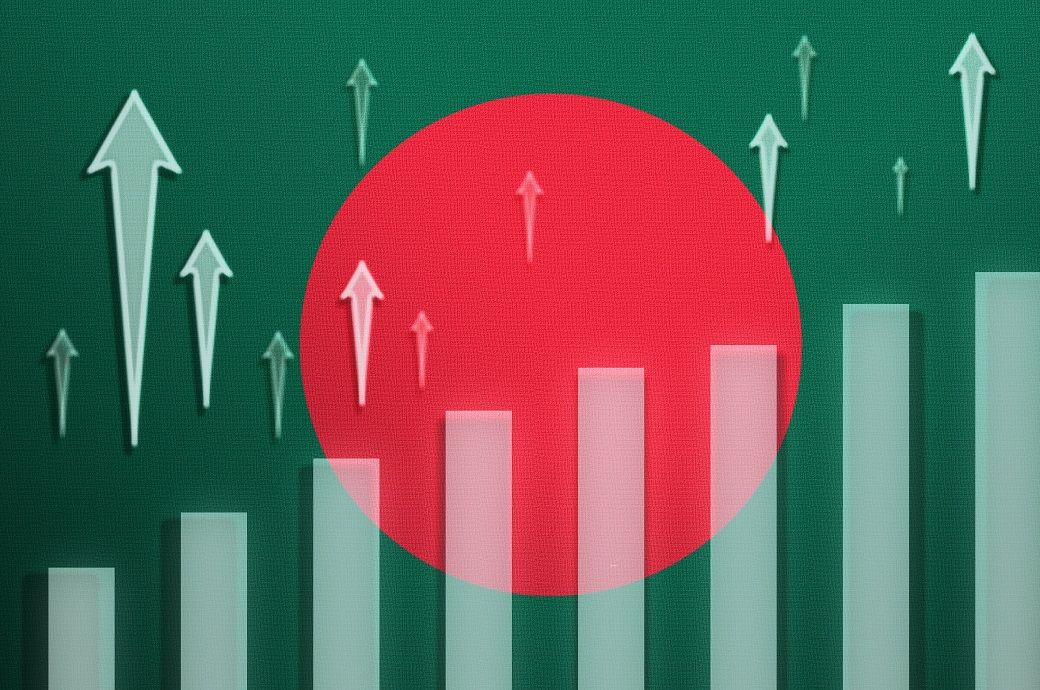
Though the country’s garment exports are resilient, the slower growth estimate reflects subdued domestic demand amid political transitions, floods, industrial labour disputes and persistently high inflation, the Manila-based organisation said in its latest Asian Development Outlook (ADO).
The economy expanded by 4.2 per cent in FY24 and it is estimated to have grown by 4 per cent in the following fiscal.
"Future growth will depend on improving the business environment to boost competitiveness and attract investment, and on ensuring reliable energy supplies," said ADB country director for Bangladesh Hoe Yun Jeong.
"The impact of US tariffs on Bangladesh's trade remains to be seen, and vulnerabilities in the banking sector persist. Addressing these challenges is essential to achieving higher economic performance," he noted.
"Some downside risks to the FY2026 outlook persist. Trade uncertainty, banking sector weaknesses, and potential policy slippages could impede progress. Maintaining prudent macroeconomic policies and accelerating structural reforms are critical to strengthening resilience," he added.
Inflation in the country is estimated to have risen from 9.7 per cent in FY24 to 10 per cent in FY25, driven by limited competition in wholesale markets, inadequate market information, supply chain constraints and the weakening of the taka, ADB said.
The country’s current account—a record of the flow of money into and out of the country in the form of imports and exports and the international transfer of capital—is expected to have posted a small surplus in FY25, up from the previous fiscal, supported by a narrowing trade gap and robust remittance inflows, the ADO said.
Consumption is projected to remain the primary driver of growth in FY26, spurred by robust remittance inflows and election-related spending.
"However, contractionary monetary and fiscal policies, along with heightened investor caution, are expected to dampen investment. Global tariff hikes, including a 20-per cent tariff on Bangladeshi exports to the US, and stiffer competition in the EU are expected to weigh on exports and growth. Exporters may be compelled to reduce unit prices in response to this heightened competition," it added.
ALCHEMPro News Desk (DS)
Receive daily prices and market insights straight to your inbox. Subscribe to AlchemPro Weekly!